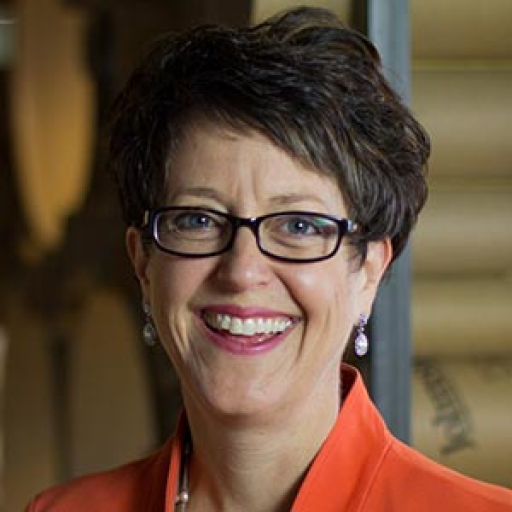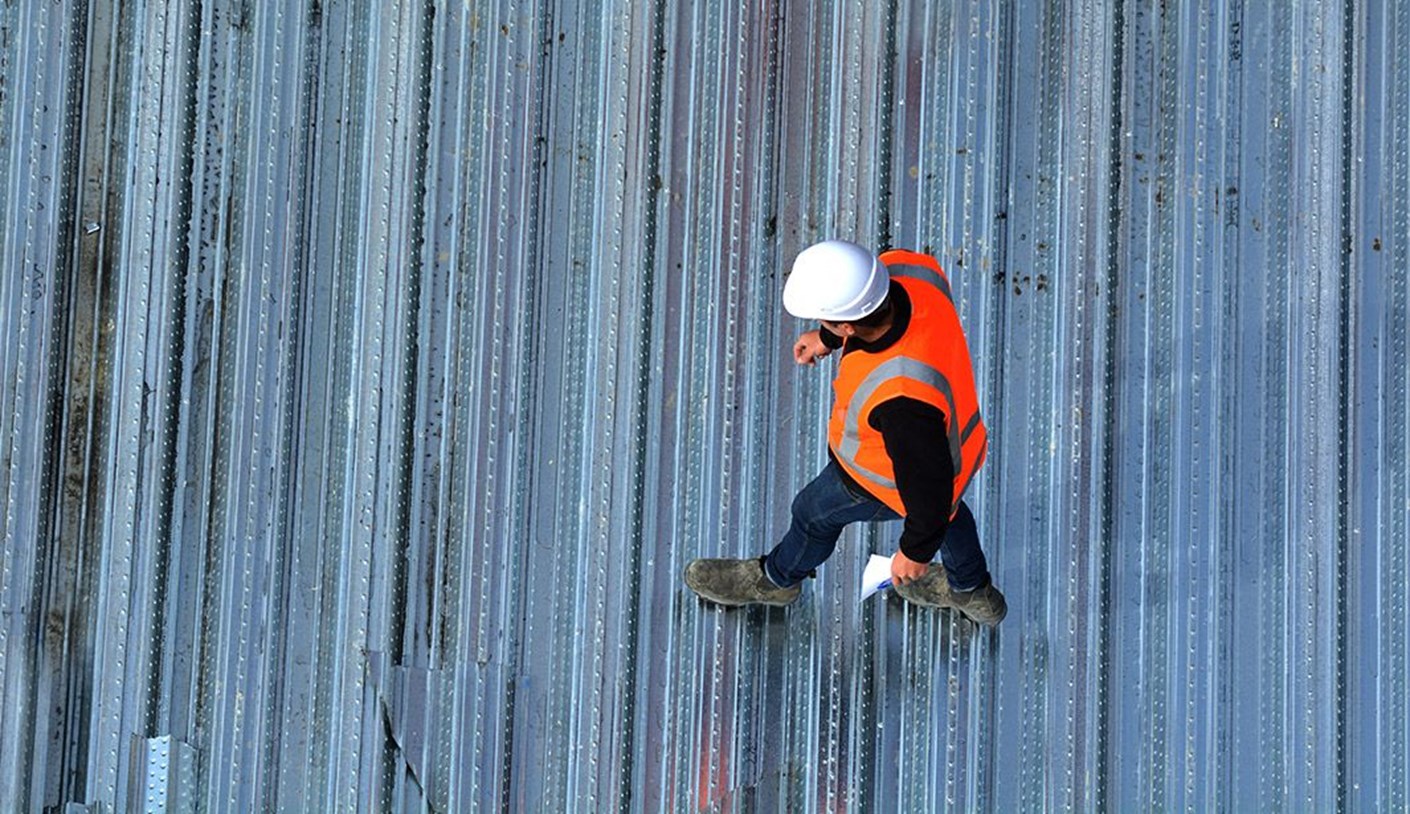Shelton Stat of the Week
78% of people around the world believe that climate change is occurring and caused by human activity. — Eco Pulse®, 2023 (Global)
As America’s leading sustainability marketing communications firm, we’ve supported hundreds of clients over the last three decades, helping them get credit for the good things they’re doing for people and the planet. Our work is often focused on highlighting things our clients are already doing that are not widely known. Or we’re helping our clients identify and plant a flag in an initiative they can be known for/loved for. Or we’re finding a new spin on the things our clients are doing that are comparable to things others in their category are doing (SBTi’s, DE&I, etc.).
It’s rare that we get an opportunity to work with a client that’s directly addressing a market’s emerging sustainability concerns with a wholesale innovation approach – products, programs and systems – so we can tell THAT story.
TenCate is such a client, and I’m sharing their story here as an inspiration – and maybe even a roadmap – for others to follow.
You’re probably not familiar with the name, but if you have a kid who plays sports, you’ve likely interacted with their products. TenCate is the leading artificial turf maker in the country, and they supply and install fields for nearly every sport at every grade level and municipality type there is.
The entire turf industry can tell a strong story about the lower environmental impact of installing a field that doesn’t require fertilizer, water or mowing over its lifespan. They can also extoll the virtues of creating fields in inner cities and other locations where it would be nearly impossible to grow or maintain grass, thus creating play opportunities for lots of kids who otherwise wouldn’t get them.
But the industry is under attack from a sustainability perspective. Specifically for concerns about PFAS in the products, microplastics inherent to the rubber “infill” used, and end of life of the products. Rather than simply load up on lawyers to fight the PFAS and turf bans popping up all around the country, TenCate decided to pivot and create real solutions to the problems:
- End of life: Turf has not historically had a good end of life solution. It often is disposed of in a landfill or downcycled and reused. But thanks to a little help from their friends at Shelton Group, TenCate has built the country’s first recycling solution for used turf, called TenCate Turf Recycling Solutions. Like literally everything in sustainability, this is a collaborative effort involving TenCate (supplier of the old turf, agglomerated into a form that can be received by plastics recyclers), a consortium to improve post-use plastic sourcing (who creates a plastics “cocktail,” mixing the turf in with other plastics for recycling) and an advanced recycler (who uses proprietary technology to turn it all into new, virgin quality plastics).
And while it might seem like keeping this program to itself and using it as a competitive advantage would be the smart choice, TenCate is opening it up to all turf makers. They will take anybody’s turf and process it at the same fee TenCate charges its own customers. And speaking of fees, while the customer does pay a fee to have their old turf recycled in making way for new turf, that fee is largely offset by not having to pay the landfilling fee.
- PFAS: As you probably know, PFAS (aka “forever chemicals”) are in just about everything at this point. And while TenCate’s products haven’t been made with PFAS, they were found in the processing aid used during the fiber extrusion process. The North American CEO, Joe Fields, will tell you that there are more PFAS in the dental floss you use every day than there are in an entire field of turf – and he’ll tell you that out of an abundance of caution, they’ve worked hard and removed the chemicals from their production process as of October 1, meaning their product is now manufactured without PFAS.
- Microplastics: Something you might not know if you haven’t spent time playing on artificial turf is that it’s traditionally been full of tiny rubber “crumbs,” or infill, that offer cushioning for the surface. The problem is that they stick to (and get into) shoes, uniforms and equipment and, thus, travel everywhere. A field can lose 10% of its rubber infill in a year, resulting in the need for more rubber infill to be added. That loss doesn’t just travel into locker rooms, cars and homes … it gets into the environment, contributing to the plastic waste crisis.
TenCate has dedicated itself to innovating a new product that requires no infill. And they haven’t done this in a vacuum. They’ve worked closely with athletes to test as they go, ensuring this next generation of turf provides both an environmental benefit and player benefits, performing equal to or superior than natural grass. The new product is about to launch and promises to revolutionize the industry.
Along the way, of course, Shelton Group will be communicating this game-changing story, which we call “Playing for Keeps,” to ensure TenCate gets full credit for the bold moves they’ve made to protect both people and the planet. And I hope you’ll use this story the next time someone in your company says, “it’s too hard to change our product line,” or “we’ll just have to fight perceptions with better communications.” Yes, you want to communicate … but you want to communicate what you’re actually DOING to solve problems; not just to try and change opinions. After all, as our stat at the beginning of this post reveals, the vast majority of people are looking to companies to solve our environmental problems. So those that do the right things, and tell a killer story about it, actually change the game for the future of their business.
 View all
View all 
